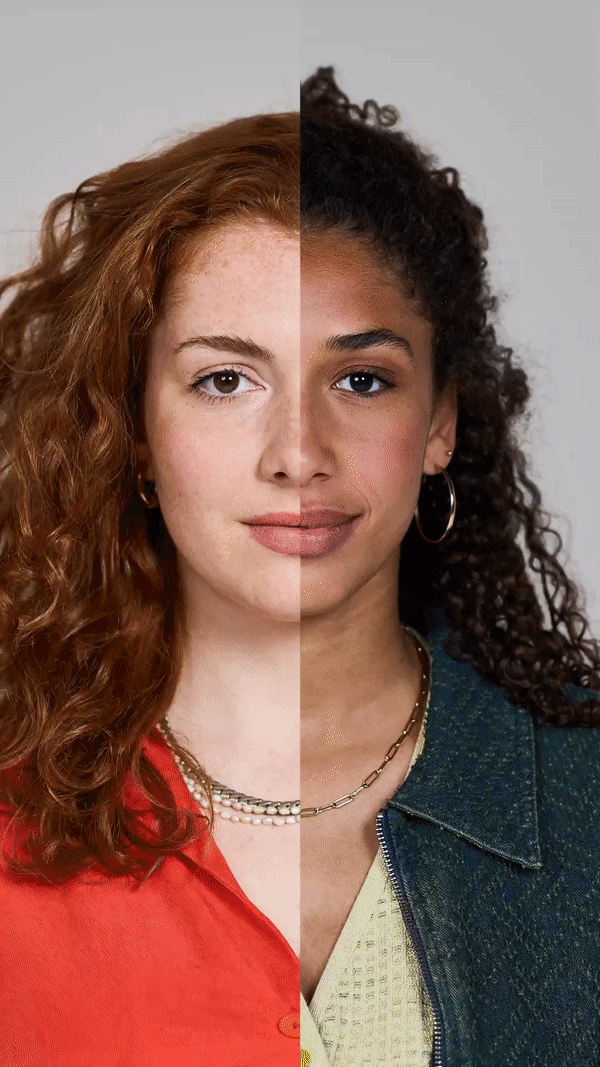His new status came with challenges. He could not get any sort of employment, and this threatened his livelihood. People in his community started discriminating against him.
“The way communities look at us is very terrible. They consider us as a failed person. They only see my disability, and they define me by that,” said 46-year-old Gatduop.
Due to the stigma, Gatduop was excluded from community meetings, and his close friends ignored him. “They would not greet me when they saw me,” he noted.
Everywhere you go, you don’t see a friendly face; everywhere you go, you don’t hear a friendly word.
Over time, Gatduop started internalizing the stigma, feeling hopeless and even developing the negative thought of taking his own life.
“If the community doesn’t look at you as a [normal] human being just because of this missing part [of the leg], then you will internalize it. At the same time, you would see yourself the way they see you. Sometimes I would draw away from people and I stay alone,” said Gatduop.
Gatduop receiving counselling services from an ICRC – trained counsellor. Photo credit: Junior ALI/ICRC.
Since last year, Gatduop has been receiving mental health and psychosocial support (MHPSS) from trained counsellors at the Physical Rehabilitation Reference Center (PRRC) in Juba, supported by the International Committee of the Red Cross (ICRC).
The MHPSS services provided at the center include individual, family and group counselling sessions, peer group support and recreational activities. Such services are also available at the two other physical rehabilitation centers in Wau and Rumbek and the two hospitals the ICRC supports in South Sudan.
From January to September this year, the ICRC has conducted 4,184 counselling sessions in these five facilities with over 3,000 people directly benefitting from them.
Mental health support was new to Gatduop when he was first approached by the team of counsellors and social workers at the PRRC in Juba. The team noticed he was in low spirits and reached out to him to offer him support. He was initially reluctant to share his feelings but over time, with encouragement from the counsellors, he shared his story. They also told him of success stories of other amputees who had gone through the sessions and had started leading active lives again.
“The ICRC team always encouraged me to stand firm and not to internalize my disability,” said Gatduop.
Besides the counselling, he would play games with other people coming to the centre to access services, which serves as a good distraction from his overthinking. Now he was more at ease with what he has been through.
“Sometimes I still feel sad. However, the feelings are interchangeable, and they are not as intense as before. Now I have some tools [breathing techniques, socializing skills, encouragement videos] to dissolve the bad feelings,” he said.
Gatduop having a chat with the team after a counselling session. Photo credit: Junior ALI/ICRC.
“I continue to tell my family that what happened to me can happen to anyone and we all need to accept people as they are as that is not the end of the world,” noted Gatduop.
In South Sudan, mental health and psychosocial support is little known and it has been a challenge to provide such services.
“The main challenges are the lack of knowledge and stigma. The big lack of knowledge of what mental health and psychosocial support is not only related to the conditions and the needs but also to the services themselves,” said Sandra Zanotti, ICRC’s Mental Health and Psychosocial Support expert.
“Lack of knowledge means that most people will associate mental health to ‘being crazy’, and that means it is all in your head and it’s not a real medical condition that can be treated,” added Zanotti.
In addition to offer services, Zanotti noted education is more important and that is why the ICRC also conducts psychoeducation and awareness sessions. “Psychoeducation is the most important tool, both to make the service accessible and explain what it is and the benefit and also to reduce stigma and clarify misconceptions or harmful practices.”
With all the support he has received from the ICRC, Gatduop hopes someday he would have the opportunity to share with his community about the positive impact the counselling has had on him, and the perception towards disabled persons could change. “Traditional belief and perception are hurting most of the disabled people in our country,” Gatduop lamented.
We acknowledge Source link for the information.


